
7 Early Warning Signs of Nasopharyngeal Cancer: Even One Symptom Is a Reason to See a Doctor
Nasopharyngeal cancer (NPC), also known as cancer of the nasopharynx, is a relatively rare but dangerous type of cancer that starts in the upper part of the throat behind the nose. Though its symptoms can appear mild at first, early detection is critical to effective treatment. Unfortunately, the disease often goes unnoticed until it reaches a more advanced stage. That’s why it’s essential to pay close attention to the warning signs. If you experience even one of the following symptoms, it’s important to consult a healthcare provider as soon as possible.
1. Persistent Nasal Congestion or Blockage
One of the earliest signs of nasopharyngeal cancer is a blocked or stuffy nose, often affecting just one side. This can easily be mistaken for allergies or a sinus infection. However, if nasal congestion persists for several weeks and doesn’t respond to typical treatments, it may be more serious than a simple cold.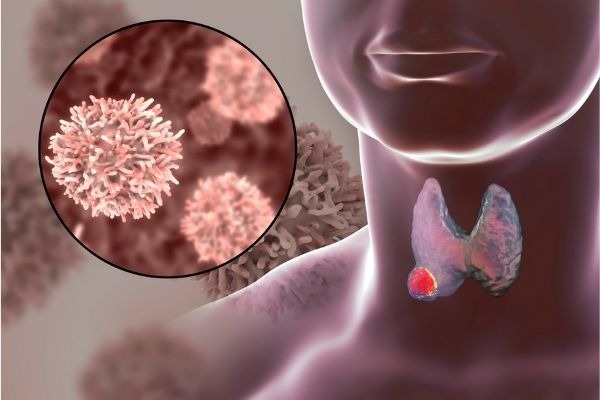
2. Frequent Nosebleeds
While occasional nosebleeds can be caused by dry air or minor irritation, frequent or unexplained nosebleeds—especially if they’re coming from one nostril—could indicate a tumor in the nasopharynx. Blood may also mix with mucus, which some people might not notice at first.
3. Hearing Loss or Ear Fullness
NPC can affect the Eustachian tubes, which connect the middle ear to the back of the nose. This can lead to a sensation of fullness in the ear, hearing loss (usually in one ear), or even chronic ear infections, particularly in adults who don't typically experience such problems.
4. Tinnitus (Ringing in the Ears)
Alongside hearing problems, patients may experience tinnitus—persistent ringing or buzzing sounds in the ears. When this occurs without a clear cause and doesn’t go away, it should be evaluated by a specialist.
5. Swollen Lymph Nodes in the Neck
In many cases, the first noticeable sign of NPC is a painless lump or swelling in the neck. This swelling is caused by cancer cells spreading to nearby lymph nodes. Although it may not cause discomfort at first, any unexplained lump in the neck should be taken seriously.
6. Headaches or Facial Pain
As the tumor grows, it can put pressure on surrounding nerves and tissues, causing headaches, facial numbness, or pain. These symptoms are often mistaken for neurological issues or migraines, delaying diagnosis. If facial pain or pressure persists without clear explanation, medical advice is necessary.
7. Difficulty Breathing or Speaking
Advanced nasopharyngeal cancer may affect breathing, speech, or swallowing due to tumor growth in the throat area. Hoarseness, slurred speech, or shortness of breath should not be ignored, especially when accompanied by any of the above symptoms.
It is important to note that many of these signs may also be caused by less serious conditions. However, what makes nasopharyngeal cancer particularly dangerous is its subtle onset. Many people dismiss the early symptoms as minor issues until the disease has progressed. That’s why it’s crucial to listen to your body. Even if you only experience one of these symptoms and it doesn't go away after a few weeks, it is worth getting checked by a healthcare professional.
Early detection can dramatically improve survival rates and treatment options. Modern medical technology, including endoscopic exams and imaging scans, allows doctors to diagnose NPC in its early stages when it is still highly treatable. Don’t wait for multiple symptoms to appear—your health is too important.
In conclusion, nasopharyngeal cancer may be rare, but it's a condition that demands awareness and timely action. By recognizing the early signs and seeking prompt medical attention, you greatly increase your chances of successful treatment. Be vigilant, trust your instincts, and don't delay seeing a doctor if something feels off.
News in the same category


DIY Lemon Ginger Turmeric Power Shots: Boost Your Health Naturally
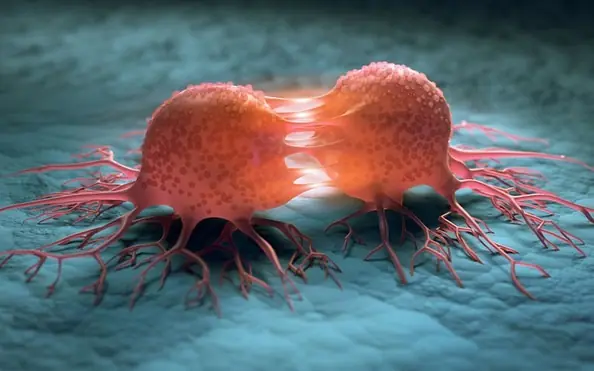
Breakthrough: Scientists Discover How to Revert Cancer Cells Back to Normal

9 Early Signs of Lung Cancer You Should Not Ignore

Professors blame one childhood eating habit for surge in colon cancer among Gen Z and Millennials

Are you sleeping on hidden toxins?

What Your Tongue Says About Your Health

Tapeworms in Humans: Symptoms and Treatments (Pictures Included)

11 Health Warnings Your Fingernails May Be Sending

Lemon + Cucumber: The Underrated Power Duo That Will Transform Your Health

Refresh Your Health: Benefits of Cucumber, Ginger, Mint, Lemon, and Water

If Cancer Is Lurking in the Body, These 3 Signs Often Appear at Night — But Many People Ignore Them

Cancer Is Painless at First, But If You Notice These 8 Signs While Using the Toilet, See a Doctor Early: Don’t Ignore Them

9 Indications of lack of magnesium You Ought to Be aware

17-Year-Old Girl Hospitalized Due to Kidney Failure, Requires Lifelong Dialysis: Doctors Warn of 3 Common Habits Among Young People

Boy, 6, dies after experiencing common symptom which affects almost every child

The 7 Covid symptoms that shouldn't be mistaken for hay fever this summer
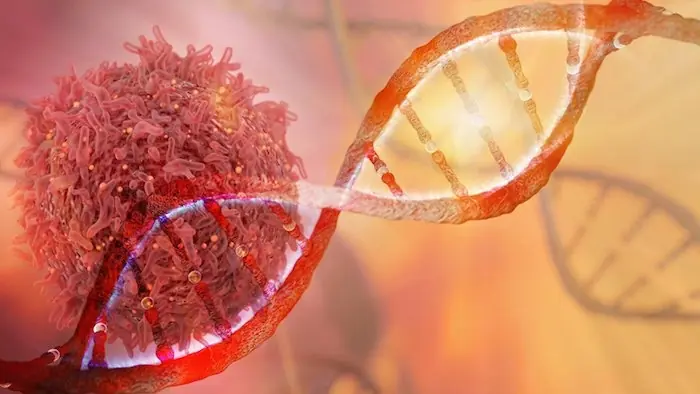
Warning: 9 Silent but Dangerous Signs of Cancer – Listen to Your Body
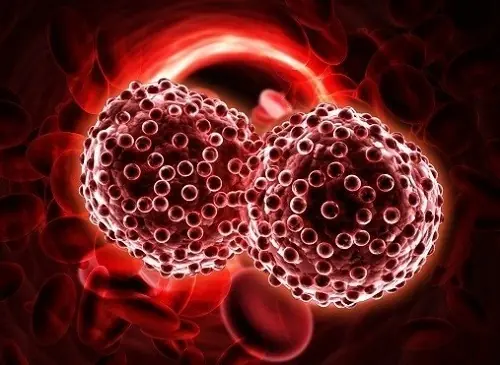
7 Early Signs of Blood Cancer Everyone Should Know
News Post

The Miracle Remedy That Has People Abandoning Hospitals: Cures Cancer, Diabetes, High Blood Pressure, and Poor Circulation!

DIY Lemon Ginger Turmeric Power Shots: Boost Your Health Naturally

Breakthrough: Scientists Discover How to Revert Cancer Cells Back to Normal

9 Early Signs of Lung Cancer You Should Not Ignore

'This Is Us' Star Chrissy Metz Stuns in Multicolored Ruffled Dress at the Variety Power of Women Nashville Event – Photos

Reba McEntire Is a Proud Mom of One Son – She Shared a Heartwarming Dance with Him at His Fairytale Wedding
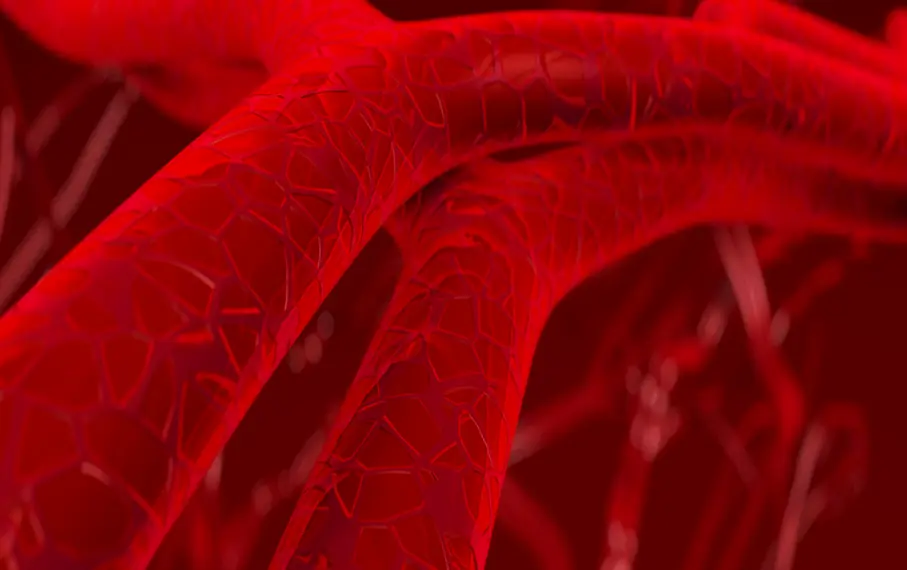
Top 10 Spices & Herbs to Support Arterial Health
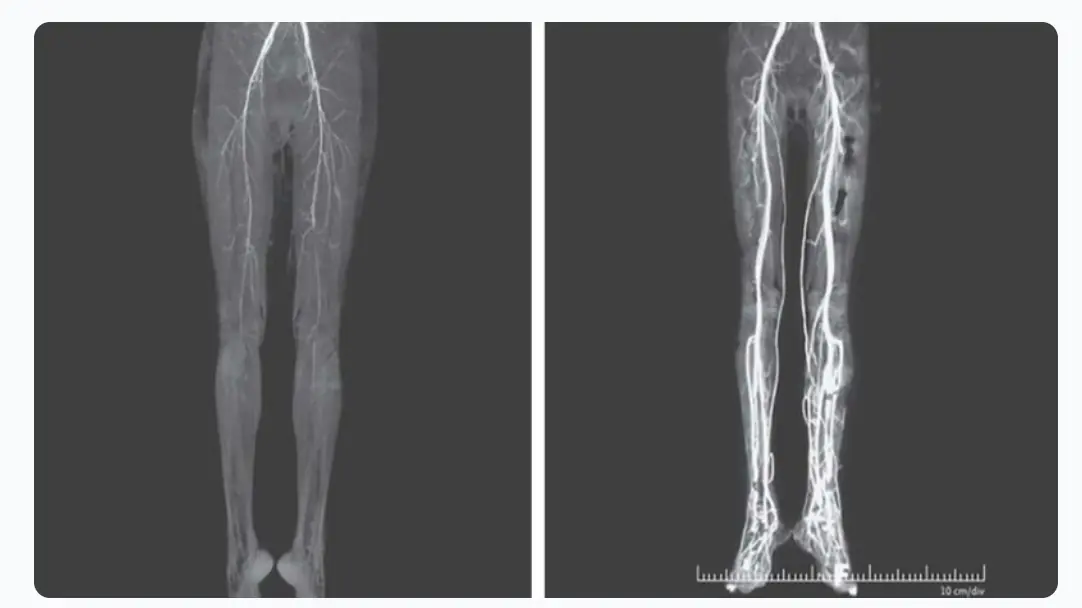
Woman Experiencing Burning Pains Turns Out To Have Medieval ‘Holy Fire’ Disease

The Truth Behind ‘Durex’: What Its Name Actually Stands For Has Left People Stunned
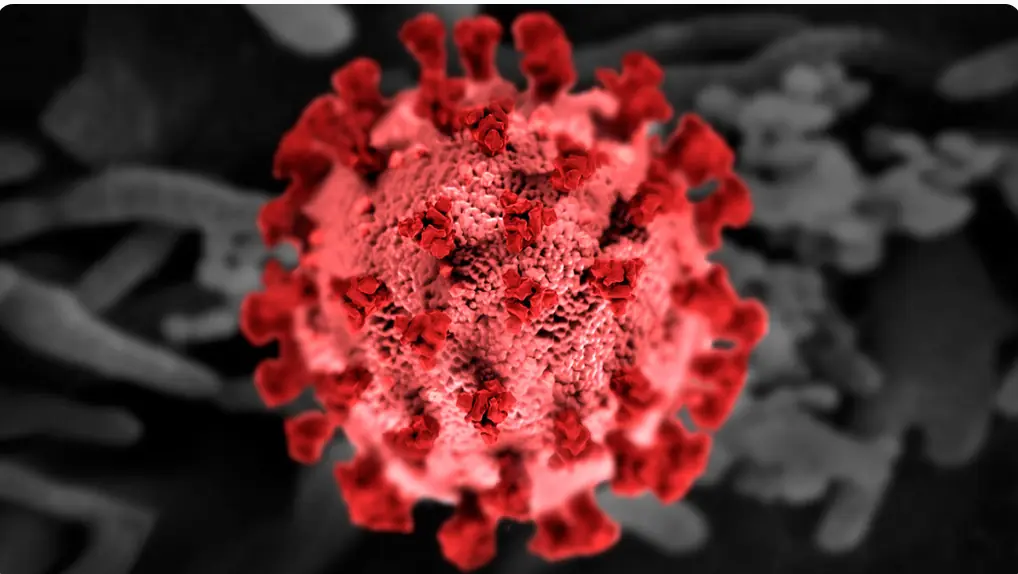
The New Leading Infectious Disease: COVID-19 No Longer Top of the List

12 Best Foods To Support Digestive and Gut Health

Professors blame one childhood eating habit for surge in colon cancer among Gen Z and Millennials

Are you sleeping on hidden toxins?

What Your Tongue Says About Your Health

Sabrina Carpenter Shows Up at the 2025 Met Gala Pantsless, Igniting Online Buzz

'Hope It's a Girl': Fans Are Convinced Rihanna Is Pregnant Following Her 2025 Met Gala Appearance — Photos

Halley’s Comet Is Back, But This Time, It’s Raining Fire

Meghan Markle Shares a Picture of Prince Harry with Their Children Archie and Lilibet Enjoying a Walk in the Garden
Following Prince Harry's BBC interview, where he shared his hopes for reconciliation with his family, Meghan Markle posted an endearing black and white photo of her husband and their kids on Instagram.

Meghan Markle Shares a Picture of Prince Harry with Their Children Archie and Lilibet Enjoying a Walk in the Garden
Following Prince Harry's BBC interview, where he shared his hopes for reconciliation with his family, Meghan Markle posted an endearing black and white photo of her husband and their kids on Instagram.